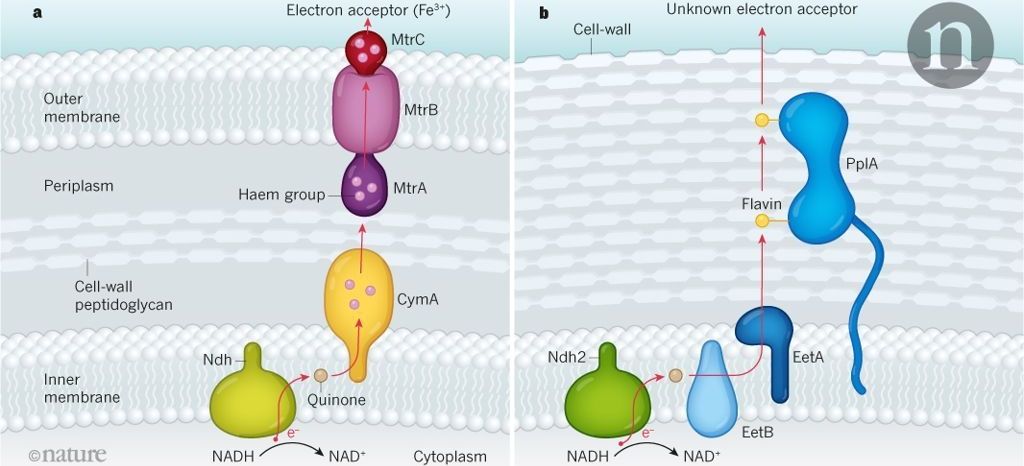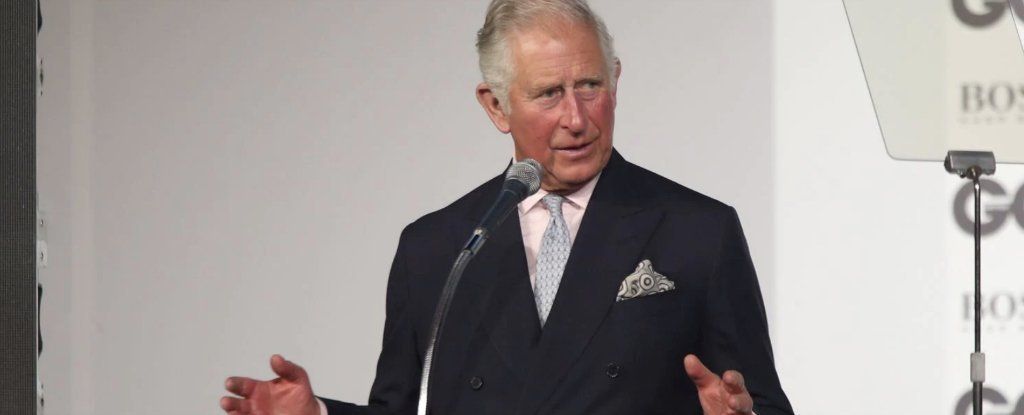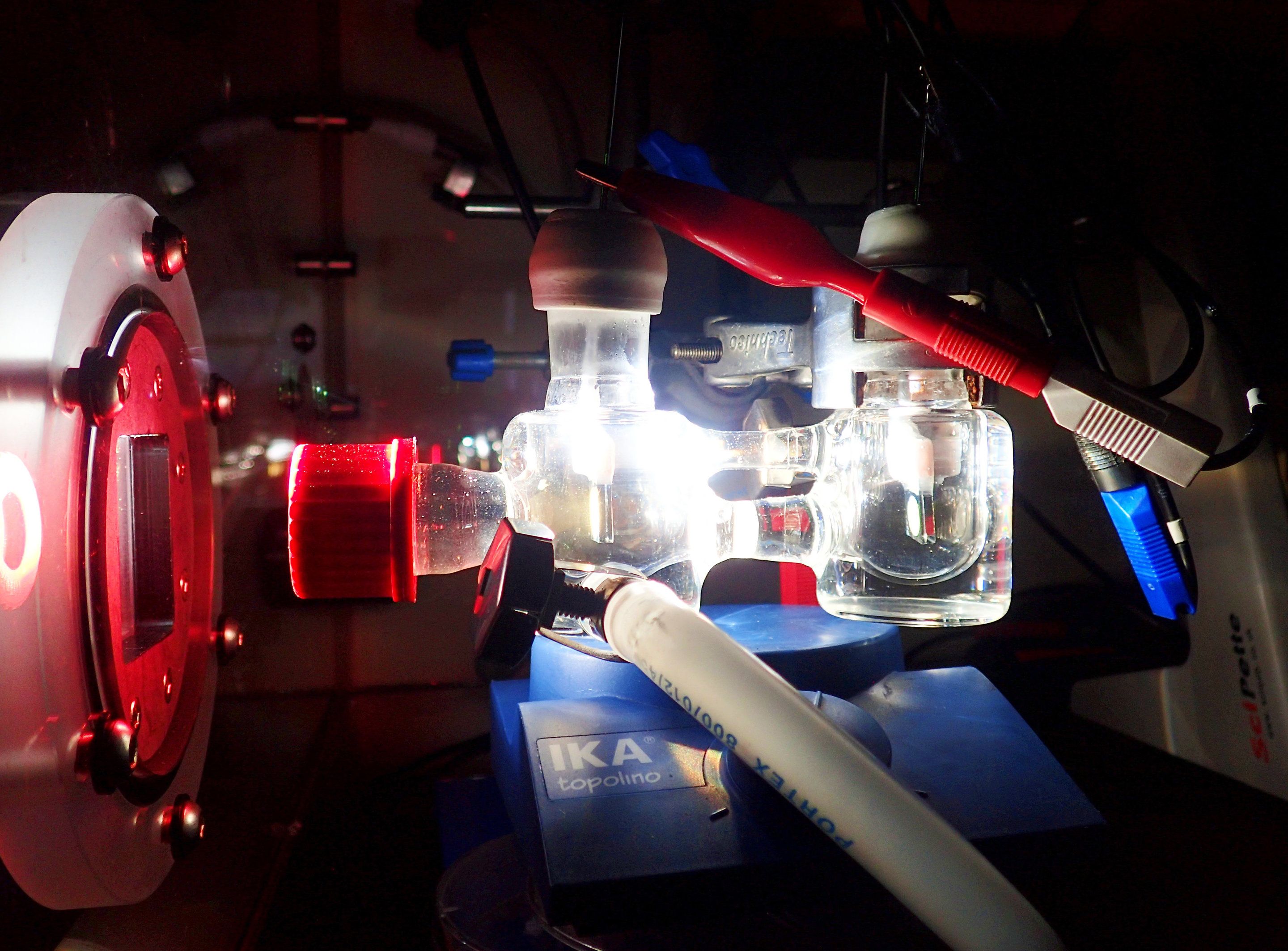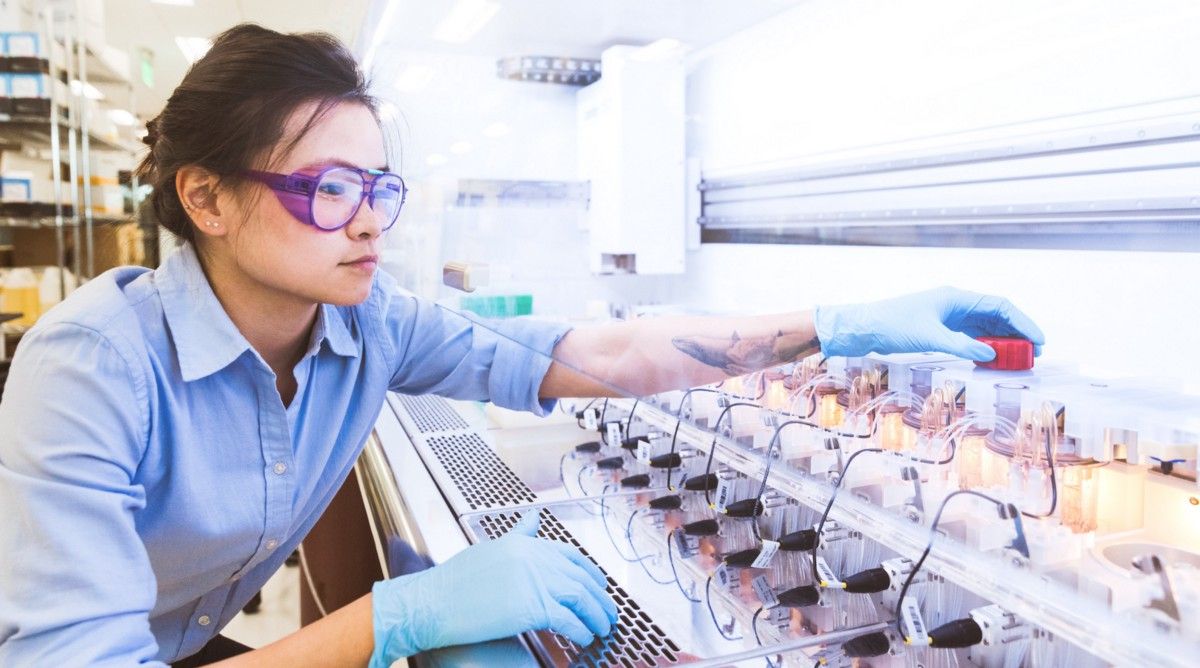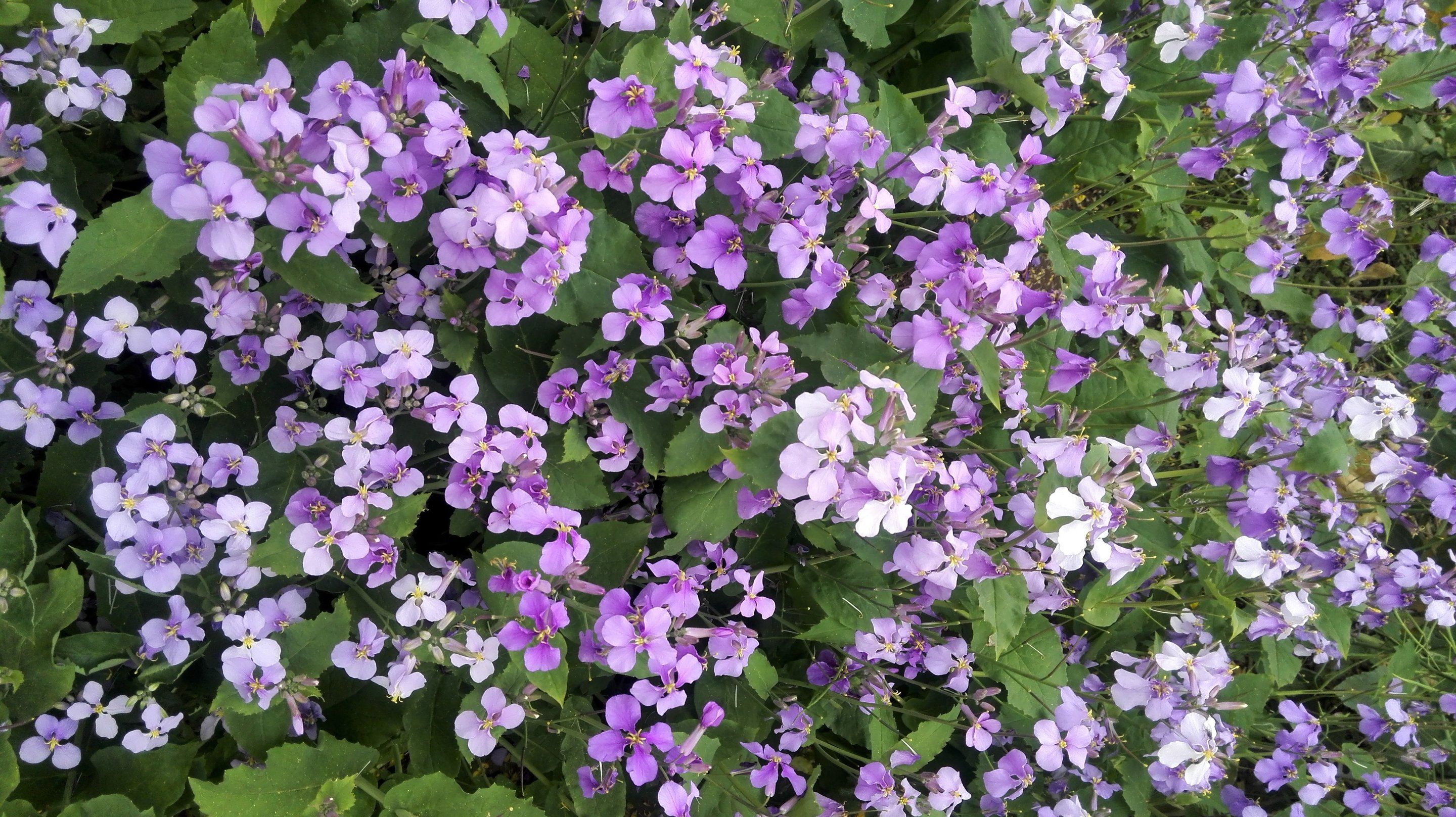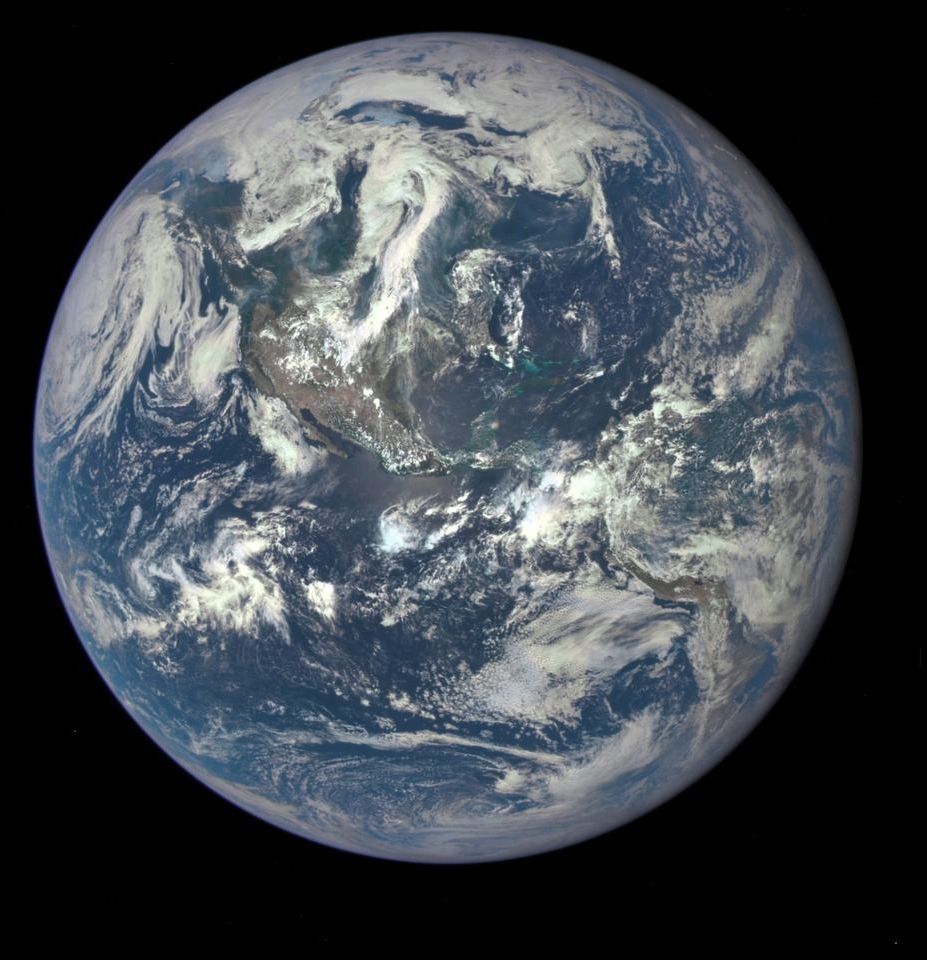Archive for the ‘biological’ category: Page 185
Sep 10, 2018
Prince Charles Says He “Utterly Objects” to The Idea of People Becoming Part Human, Part Machine
Posted by Jacob Anderson in categories: biological, Elon Musk, life extension, robotics/AI
From the perspective of critics, there are many reasons to be concerned about the rise of artificial intelligence.
Billionaire inventor Elon Musk — perhaps the world’s most vocal AI antagonist — has warned that the technology could become “an immortal dictator from which we would never escape.”
Several years before his death, Stephen Hawking, the renowned theoretical physicist, said artificial intelligence could bypass biological evolution, leaving humans unable to compete.
Sep 6, 2018
Study Uncovers the Genes That Extend Human Lifespan
Posted by Manuel Canovas Lechuga in categories: biological, evolution
A study published in Molecular Biology Evolution provides new insight into why humans are able to live as long as we do identifying a handful of genes that were so strongly conserved millions of years ago, that they continue to influence our lifespans today…
Sep 6, 2018
Evolutionary Study Uncovers the Genes That Extend Human Lifespan
Posted by Nicholi Avery in categories: biological, evolution
A study published in Molecular Biology Evolution provides new insight into why humans are able to live as long as we do identifying a handful of genes that were so strongly conserved millions of years ago, that they continue to influence our lifespans today…
Sep 4, 2018
Bioquark Inc. — 2bAhead Conference Video — Ira S. Pastor
Posted by Ira S. Pastor in categories: aging, bioengineering, biological, biotech/medical, DNA, evolution, futurism, health, life extension, transhumanism
Tags: aging, Alzheimer's, bioquark, biotech, brain death, cancer, future, futurism, health, healthspan, immortality, lifespan, longevity, reanima, regenerage, wellness
Sep 4, 2018
Scientists pioneer a new way to turn sunlight into fuel
Posted by Nicholi Avery in categories: biological, solar power, sustainability
The quest to find new ways to harness solar power has taken a step forward after researchers successfully split water into hydrogen and oxygen by altering the photosynthetic machinery in plants.
Photosynthesis is the process plants use to convert sunlight into energy. Oxygen is produced as by-product of photosynthesis when the water absorbed by plants is ‘split’. It is one of the most important reactions on the planet because it is the source of nearly all of the world’s oxygen. Hydrogen which is produced when the water is split could potentially be a green and unlimited source of renewable energy.
A new study, led by academics at St John’s College, University of Cambridge, used semi-artificial photosynthesis to explore new ways to produce and store solar energy. They used natural sunlight to convert water into hydrogen and oxygen using a mixture of biological components and manmade technologies.
Aug 29, 2018
Re-writing Nature’s Recipe Book: How Ginkgo Bioworks is Poised to Upset Almost Every Industry You Can Think Of
Posted by Carse Peel in categories: biological, futurism
What does all this mean? How can one company do all that?
I recently spoke with Ginkgo Bioworks co-founders Tom Knight and Jason Kelly about the future of manufacturing and how the secrets of biology will be the secrets to unlocking the next Industrial Revolution.
Aug 27, 2018
Serendipitous discovery may lead to eco-friendly lubricant
Posted by Bill Kemp in categories: biological, food, genetics
Seed oil components of an ornamental flower could provide a direct pathway for designing a new class of environmentally friendly lubricants. Researchers at the School of Science at IUPUI identified the compound in the seed oil that is produced in a manner unlike any other fatty acid. The study was published today online in the journal Nature Plants.
The Orychophragmus violaceus plant is a purple flower native to China; it’s commonly referred to as the February orchid. While collaborating on the O. violaceus plant’s biology and genetic makeup, researchers at Huazhong Agricultural University in Wuhan, China, and the University of Nebraska-Lincoln encountered a bit of a mystery: All plant seeds contain oils as energy reserves for later growth, but researchers noticed the February orchid seed oils were unusual.
They called upon IUPUI bioorganic chemist Robert Minto, who specializes in identifying natural products and unknown compounds.
Continue reading “Serendipitous discovery may lead to eco-friendly lubricant” »
Aug 26, 2018
I Am Cyborg, Hear Me Roar: The Feeling of Pain is SO Last Century!
Posted by B.J. Murphy in categories: biological, cyborgs, transhumanism
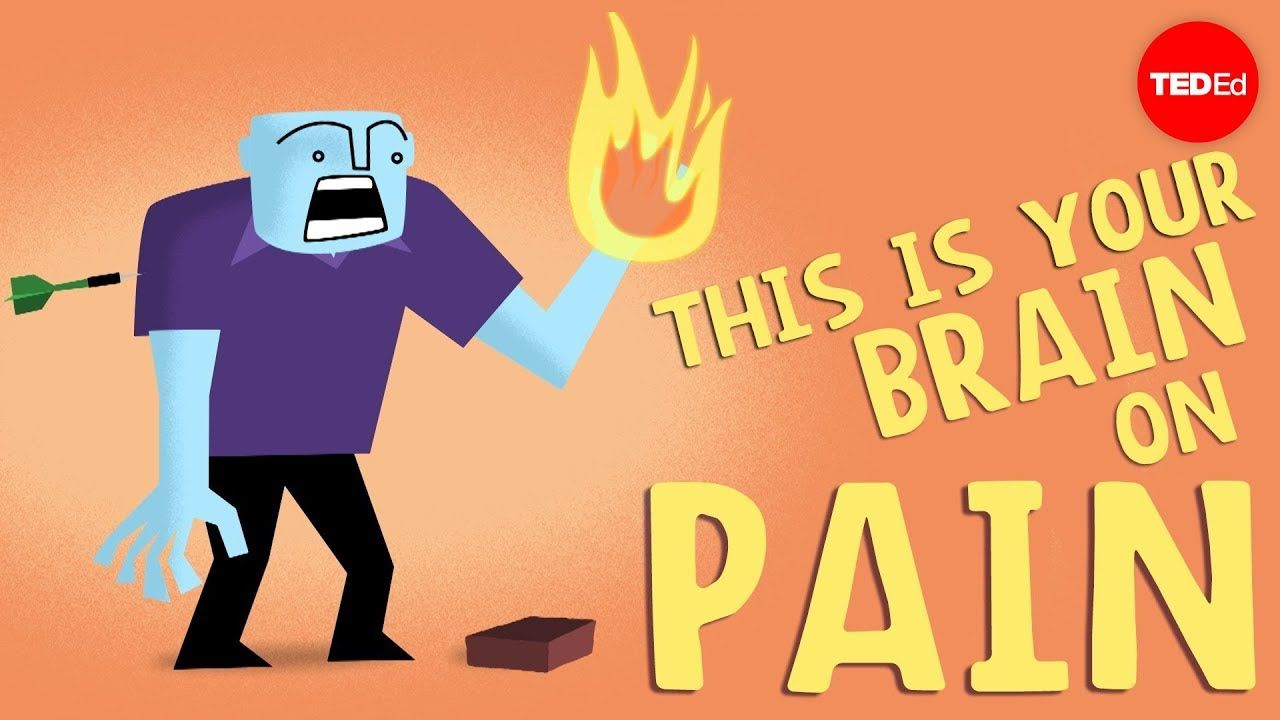
As we begin to question our biological roles during a non-biological (transhuman) era, will the role of pain remain as our sole method of detecting physical trauma or will it be replaced by a more efficient technological alternative?
Aug 22, 2018
Scientists are tracing the age of the ancestor of life on Earth, and they just released their findings
Posted by Genevieve Klien in categories: biological, evolution
Today, the Earth is covered with life in countless forms, but four billion years ago there was no life on our rocky world. So, it stands to reason that sometime between then and now a single organism came into existence that started it all. This is a widely-held belief among scientists, and the name they have given that ancient organism is LUCA. It stands for “last universal common ancestor” — the one microbe that you, your dog, the guy who cut you off in traffic this morning, and the tree in your back yard all descended from.
It’s a mind-blowing concept. It makes perfect sense, but tracing the origins of the ancestor of all life on Earth is an incredibly difficult task. For a long time, scientists had settled on a timeline of between 3.5 billion and 3.8 billion years ago. Now, a new round of research has pushed that date back even further. The work was published in Nature Ecology & Evolution.
It’s important to note that LUCA isn’t thought to have been the very first cellular organism on Earth. The conditions under which life formed likely created many single-celled life forms, but only one of them had what it takes to “make it” on Earth, and that microbe is believed to be the root of everything that came later.
